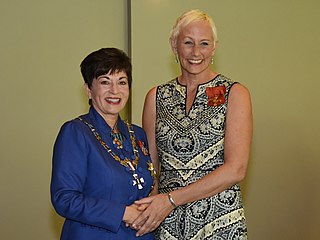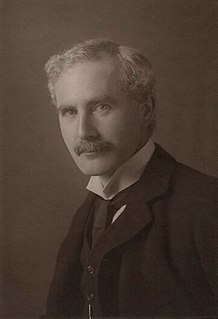A Quote by Lisa Immordino Vreeland
My advice to first time filmmakers is believe in yourself and the message you want to give in the film you are making.
Quote Topics
Related Quotes
Before you give advice, that is to say advice which you have not been asked to give, it is well to put to yourself two questions - namely, what is your motive for giving it, and what is it likely to be worth? If these questions were always asked, and honestly answered, there would be less advice given.
































